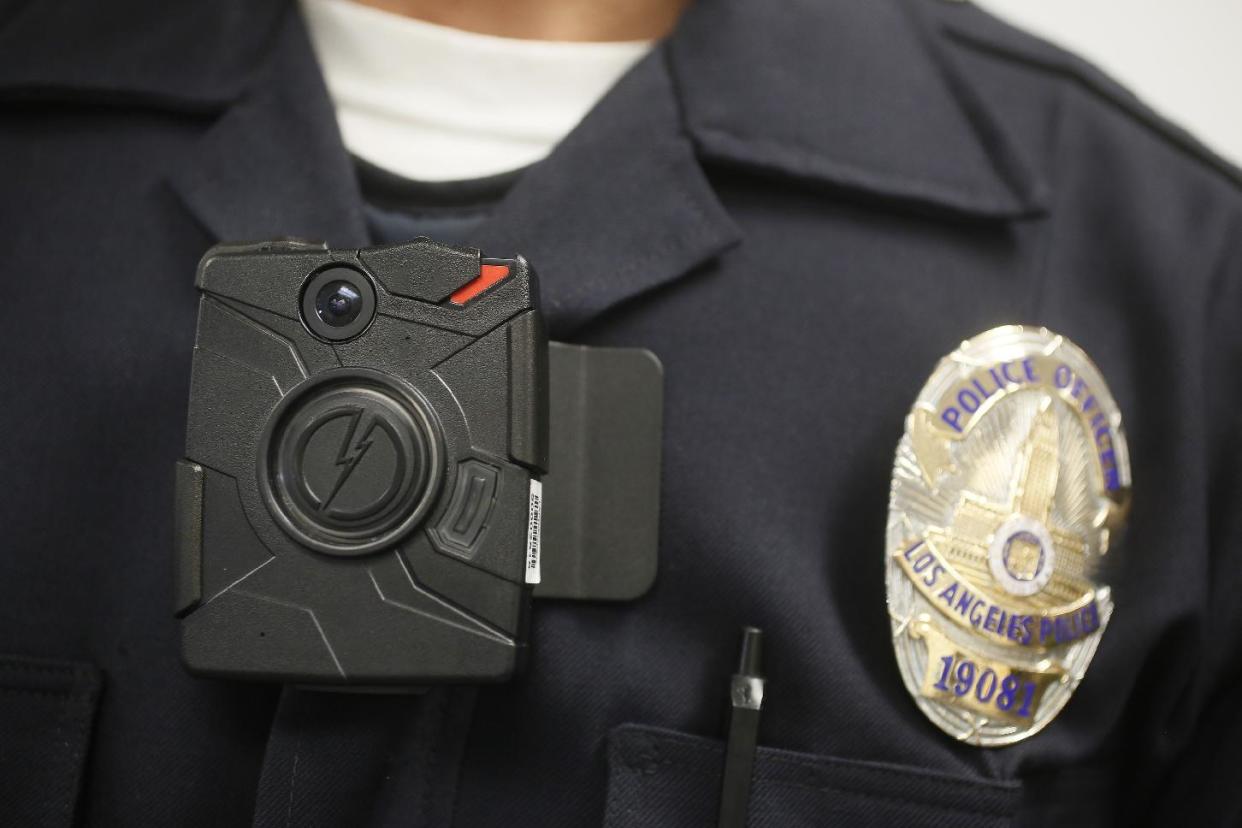New York police to announce details of body camera pilot program

By Jonathan Allen NEW YORK (Reuters) - New York City's police department is planning to release new details this week about its pilot program for equipping officers with wearable video cameras to record encounters with the public, the department's chief spokesman said. A federal judge ordered the department last year to test the technology in a handful of police precincts after ruling that police had acted unconstitutionally by stopping and frisking black and Latino New Yorkers in disproportionate numbers. Bill Bratton, the police commissioner, is expected to announce a pilot program involving 50 police officers in five of the city's 76 police precincts, according to NYPD spokesman Stephen Davis. "We're probably going to solicit volunteers," Davis said in an interview. But, he continued, there is still a lot to be figured out. "Are the cops going to turn it on for eight hours? ... Does he turn it off for a toilet break? A lunch break?" The number of police departments using the cameras has grown rapidly in recent years, partly because the technology has become lighter and more practical, with batteries no longer dying before an officer's shift is over. Police officers in Ferguson, Missouri, have begun wearing body cameras after weeks of unrest over the shooting death of an unarmed black teen by a white officer last month and sharply differing accounts of the incident. Davis said the NYPD, the country's largest police force, particularly liked the cameras it had seen from Taser International Inc, the Arizona-based company known for making stun guns. Taser said it has sold its wearable stand-alone cameras to more than 1,200 law enforcement agencies since the line was launched in 2009. Advocates for the cameras say they provide an objective record of a police encounter, and can encourage better behavior from both officers and civilians who know they are being recorded. But there are also fears the cameras could be another means for government agencies to invade citizens' privacy or could cause some officers to turn a blind eye even when a crime is under way for fear of the unflattering footage that might ensue from a heated encounter. Eugene O'Donnell, a law professor at John Jay College and a former New York police officer, said policing is often inherently unphotogenic work. "Good luck getting the cops involved in your noise complaint," he said. "They're willing to put their life and limb at risk but now every time they engage they're going to put their career on the line." The American Civil Liberties Union has said it is concerned the cameras could be another means for government agencies to invade citizens' privacy. But Bratton has said the technology could be as transformative as two-way radios were in earlier decades. "It's a technology that's needed in America," he told reporters last week. Davis said the NYPD hoped officers, who are becoming increasingly accustomed to being filmed by bystanders with smartphones, would welcome their own cameras. "It has the ability to help cops," by providing a recording of an entire encounter rather than "that 20-second iPhone clip which by its nature doesn't start until, in someone's mind, the cop starts doing something wrong." (Reporting by Jonathan Allen; Editing by Scott Malone and Mohammad Zargham)


